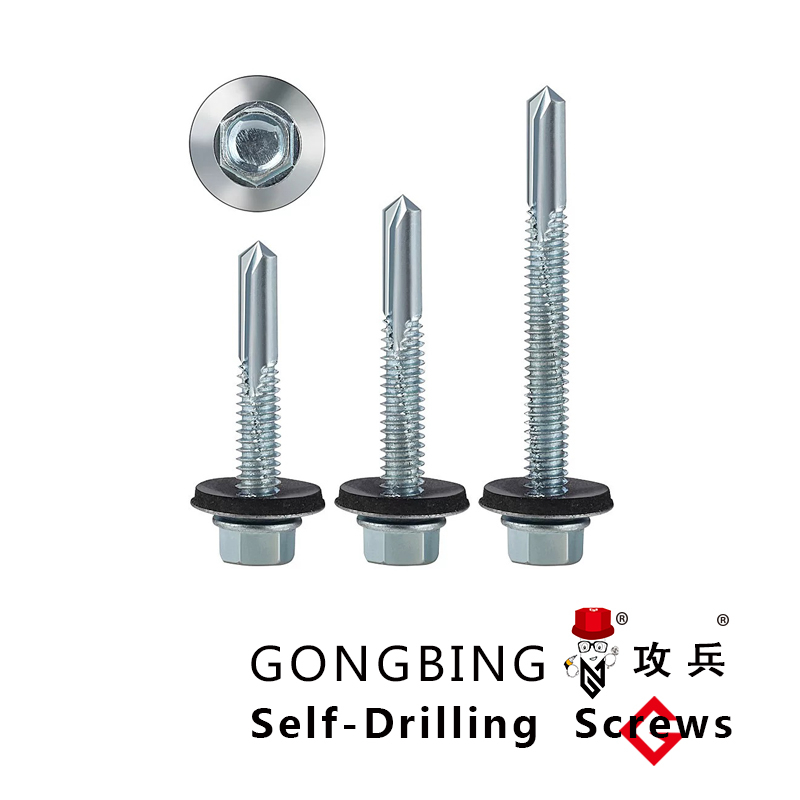Understanding the Various Sizes of Foundation Bolts for Construction and Structural Applications
Understanding Foundation Bolt Sizes A Comprehensive Guide
Foundation bolts play a critical role in the stability and durability of various structures. These essential components are used to anchor machinery, equipment, and even entire buildings to their foundations. Given their importance, understanding the sizes and specifications of foundation bolts is crucial for engineers, architects, and construction professionals.
What are Foundation Bolts?
Foundation bolts are heavy-duty fasteners designed to secure structural elements to concrete foundations. They come in various shapes and sizes, tailored to meet the specific requirements of a construction project. Typically made from high-strength steel, foundation bolts are designed to withstand significant tensile and shear forces, ensuring the safety and integrity of the structure.
Importance of Selecting the Right Size
Selecting the correct size of foundation bolts is vital for several reasons. First, the bolt size must be compatible with the load it needs to support. An inadequately sized bolt can lead to mechanical failure, resulting in catastrophic consequences. Additionally, local building codes and regulations often dictate specific requirements for bolt sizes based on the type of structure being erected.
Common Sizes and Specifications
Foundation bolts are commonly categorized by their diameter, length, and thread type. The diameters of foundation bolts can range from as small as ½ inch to over 2 inches, depending on the application's demands. The length of the bolts can vary significantly as well, often ranging from a few inches to several feet, allowing for different anchoring depths and configurations.
foundation bolt sizes

The most common sizes typically used in construction include
- ½ inch to 1 inch Often used for residential projects and smaller machinery. - 1 inch to 1½ inches Typically applicable for mid-sized commercial structures and equipment. - 1½ inches to 2 inches Used for heavy industrial equipment, high-rise buildings, and critical structural components.
Thread Types and Anchoring Techniques
The threading on foundation bolts can also vary, impacting their performance. The most common thread types are coarse and fine threads. Coarse threads provide better grip and are easier to install, while fine threads offer a greater surface area for more secure fastening in critical applications.
When it comes to anchoring techniques, various methods can be employed depending on the bolt size and the foundation material. The two primary anchoring techniques are
1. Cast-in-Place Bolts These bolts are embedded in concrete during the curing process, providing excellent anchorage strength. 2. Post-Installed Bolts These bolts are installed after the concrete has cured, often using chemical anchors or expansion anchors to secure them in place.
Conclusion
In summary, foundation bolts are indispensable components of safe and robust construction. Understanding foundation bolt sizes—ranging from diameter to length and thread type—is crucial for ensuring that structures are adequately anchored. Whether working on a small residential project or a large commercial endeavor, selecting the correct size and type of foundation bolt can make all the difference in maintaining the integrity of the construction. As always, consulting with industry standards and local building codes is essential in making informed decisions about foundation bolting specifications.
-
Weatherproof Plastic Expansion Anchors for OutdoorNouvèlJun.06,2025
-
Sustainability in the Supply Chain: Eco-Friendly TEK Screws ProductionNouvèlJun.06,2025
-
Load-Bearing Capacity of External Insulation FixingsNouvèlJun.06,2025
-
Double Head Bolts: Enhancing Efficiency in Industrial MachineryNouvèlJun.06,2025
-
Corrosion Resistance in Chipboard Screws: Coatings for Wholesale DurabilityNouvèlJun.06,2025
-
Butterfly Toggle Bolts : Enhancing Structural ResilienceNouvèlJun.06,2025
